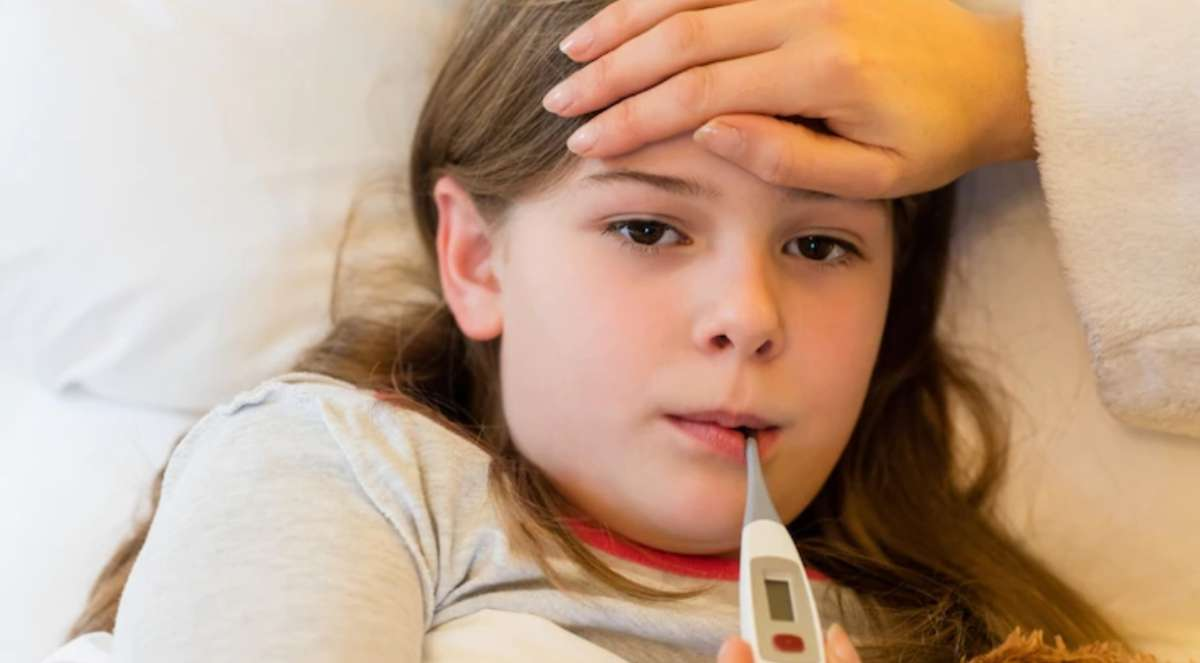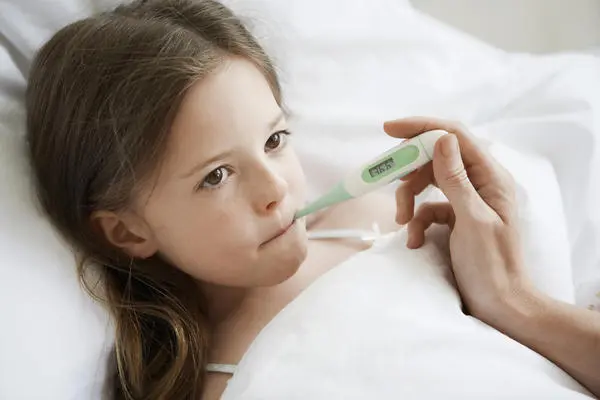Now Reading: Typhoid Alert: How to Protect Yourself From This Deadly Disease
-
01
Typhoid Alert: How to Protect Yourself From This Deadly Disease
Typhoid Alert: How to Protect Yourself From This Deadly Disease

Table of Contents
Typhoid fever is a serious infectious disease that affects thousands of people worldwide every year. It is caused by the bacterium Salmonella Typhi, which spreads primarily through contaminated food and water. While can be treated effectively with antibiotics, it remains a significant public health concern in many countries, including India, Pakistan, and parts of Africa and Southeast Asia.
Understanding Typhoid
Typhoid fever often begins slowly, with symptoms appearing 6 to 30 days after exposure. Common early signs include prolonged high fever, weakness, fatigue, headache, and loss of appetite. Some people may also experience abdominal pain, diarrhea, or constipation. If left untreated, can lead to severe complications such as intestinal bleeding, perforation, and even death.
Children, the elderly, and individuals with weakened immune systems are particularly vulnerable. It is important to recognize the signs early and seek medical help promptly.
How Typhoid Spreads

The bacterium spreads through the fecal-oral route, meaning it is usually ingested through food or water contaminated with feces of an infected person. Poor sanitation, unhygienic food handling, and lack of clean drinking water are key factors that contribute to the spread of .
Street food, unwashed fruits and vegetables, and untreated water are common sources of infection in areas where hygiene standards are not maintained. Travelers to countries where is endemic are also at risk, which is why vaccination and preventive measures are essential before visiting such regions.
Diagnosis and Treatment
Doctors diagnose typhoid based on symptoms, medical history, and laboratory tests such as blood, stool, or urine cultures. Early diagnosis is crucial to prevent complications.
Treatment usually involves antibiotics such as azithromycin, ceftriaxone, or ciprofloxacin. In recent years, antibiotic-resistant strains of Salmonella Typhi have emerged, making treatment more challenging. Patients are advised to rest, maintain hydration, and follow the full course of prescribed antibiotics to ensure complete recovery.
Prevention is Better Than Cure
Preventing typhoid is much easier than treating it. Vaccination is highly recommended for people living in or traveling to typhoid-prone areas. Two types of vaccines are commonly available: the oral live attenuated vaccine and the injectable polysaccharide vaccine. While these vaccines are not 100% effective, they significantly reduce the risk of infection.
Good hygiene practices are equally important. Washing hands with soap and clean water before eating or preparing food, avoiding raw or undercooked food, and drinking boiled or filtered water can greatly reduce the chances of infection. Public awareness campaigns and government initiatives to improve sanitation and water quality play a crucial role in controlling the spread of typhoid.
The Global Impact of Typhoid
According to the World Health Organization (WHO), there are an estimated 11–20 million typhoid cases worldwide each year, resulting in 128,000 to 161,000 deaths. The disease disproportionately affects low- and middle-income countries where sanitation systems are inadequate.
Efforts to combat typhoid are ongoing. International organizations, governments, and healthcare providers are working together to improve vaccination coverage, promote hygiene education, and ensure access to clean water. Research is also being conducted to develop more effective vaccines and treatment options, particularly against drug-resistant strains.
When to Seek Medical Attention

If you experience persistent high fever, abdominal pain, or digestive issues after consuming potentially contaminated food or water, it is essential to see a doctor immediately. Delaying treatment can lead to severe complications, including intestinal perforation, internal bleeding, or systemic infections.
Healthcare providers may also recommend follow-up tests to ensure the infection is completely cleared. Patients should avoid spreading the disease to others by maintaining strict hygiene, especially during recovery.
Living With Awareness
Although typhoid is a serious disease, awareness and preventive measures can significantly reduce its impact. By maintaining good personal hygiene, ensuring safe drinking water, and getting vaccinated, individuals can protect themselves and their families. Communities that prioritize sanitation and food safety contribute to lowering the overall prevalence of typhoid in society.
Conclusion
Typhoid remains a global health challenge, but it is preventable and treatable with timely intervention. Awareness, vaccination, proper hygiene, and safe food practices are key steps in the fight against this disease. Families, travelers, and communities must work together to minimize the risk and ensure a healthier future.
READ MORE:- Shobha Realty Launches Its Most Luxurious Project Yet—Full Details Inside 2025



















